Polycrisis, Polls and the Election Cycle
Everything seems to be going wrong, everywhere all at once—COVID-19, Ukraine, bank failures, inflation, extreme weather events.
Crisis afflicts the geopolitical system, global financial system, global climate system and global health system. The interconnectedness of different crises across overlapping systems has been termed a ‘polycrisis’. In these circumstances, governments confront multiple unfolding emergencies. Elaborations of the concept appear in the blogs of economic historian Adam Tooze and in research from the Cascade Institute.
Never-ending crises and emergencies disrupt the election cycle in different countries. Traditionally, popular governments, recently elected, serve two, maybe three terms before departing office. Before that point, mainstream political journalists and the commentariat declare that the incumbents are infighting/out of touch/losing credibility/tired/making mistakes/out of ideas. Public disquiet/anxiety/resentment with the government and ‘disappointing’ opinion poll results feed into each other. Meanwhile, the major opposition party, their leader (and coalition bloc under MMP) are deemed, implicitly as fit-to-govern – judgments which opinion poll trends seem to confirm.
The pattern can be broken. Labour’s 1972 election landslide result was dramatically reversed in 1975. Early in election year 1981, National looked spent. Three years earlier, Labour had gained more of the popular vote, victory next time seemed inevitable. By July 1984, though Muldoon’s time was truly up, the election result was simply a confirmation. Helen Clark’s 1999 coalition government squeezed a third term in 2005 before time was inevitably called in 2008.
After 2017, Jacinda Ardern’s Labour-led coalition government gradually drew support and won the 2020 COVID election convincingly before the cyclic downturn began. Labour’s poll numbers were dire and the Prime Minister was attracting resentment, deservedly or undeservedly. It looked as though National was a government-in-waiting and that Christopher Luxon would be the future Prime Minister.
Chris Hipkin’s accession after Jacinda Ardern’s resignation should not have up-ended this narrative, yet the latest poll results suggest otherwise. On those numbers, Labour and the Greens could form the next government. Conventional assessments contrast Hipkins engaging no-nonsense demeanour and operational skills with Luxon’s lack of dexterity and direction.
All true, actually, but something deeper is happening. We are in different times. Previously, one would expect enough voter disenchantment to change the government. It’s time for a change, get this lot out. News media coverage and poll results would amplify these sentiments. But with massive floods, a frightening storm, infrastructural collapses and socio-economic decimation, on top of a cost of living crisis, a here-and-now time frame prevails. Emergencies need to be urgently addressed; response time trumps the cyclicity of election time. The need for resilient recovery plans is a bipartisan rather than partly political concern. Trust in government action is a matter of practical performance rather than ideology.
This is not a passing phenomenon; managing emergent crises and emergencies is the new normal, for voters and political leaders. Amidst the global polycrisis, our country is vulnerable. Extreme weather events, sea-level rise, droughts, floods, pandemics and financial crisis contagion will increasingly shape the time-exigencies of national politics. This pattern of reaction, however, is not enough. Planning for resilience requires a national-strategic vision built around local and regional development, food security, a revamped Ministry of Works and a financial framework less beholden to Australian banks.
Our Prime Minister grasps the short-term imperatives as Christopher Luxon flounders. But, ruthless short-term pragmatism is only a palliative; joined-up thinking is required. Playing off the cost-of-living crisis against the expense of global warming countermeasures is myopic. Already we have seen that climate crisis effects worsen our cost-of-living crisis. This causal linkage will tighten, regardless of who wins the 2023 general election. A low-carbon future is not a nice-to-have.

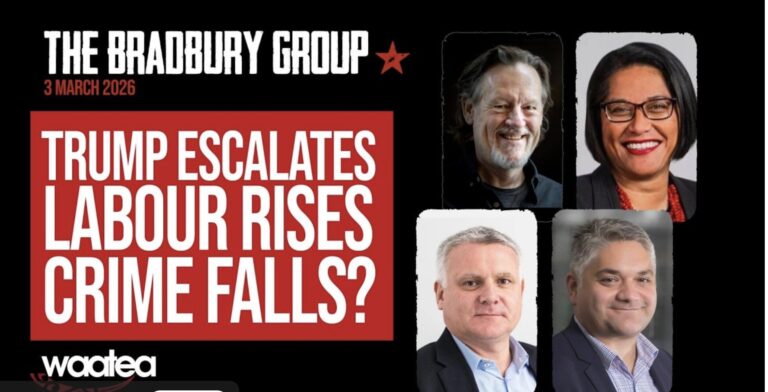
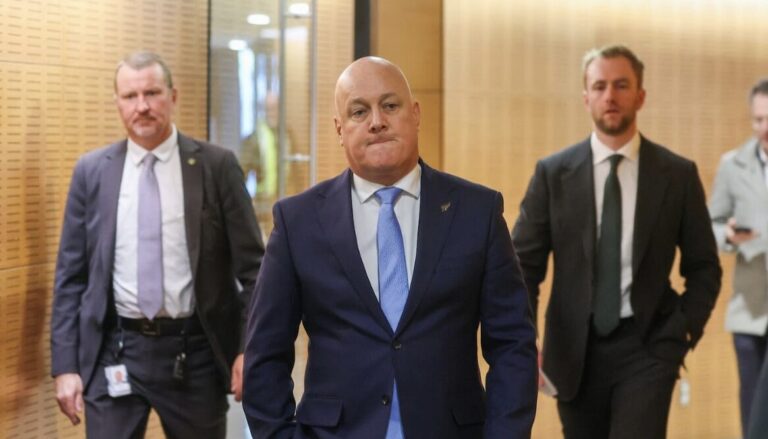
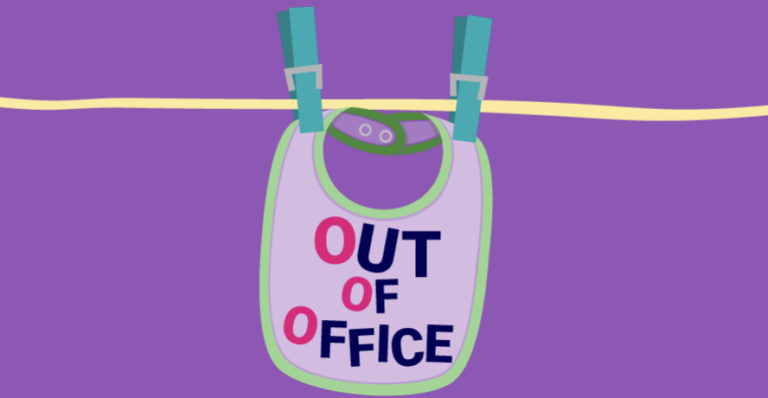

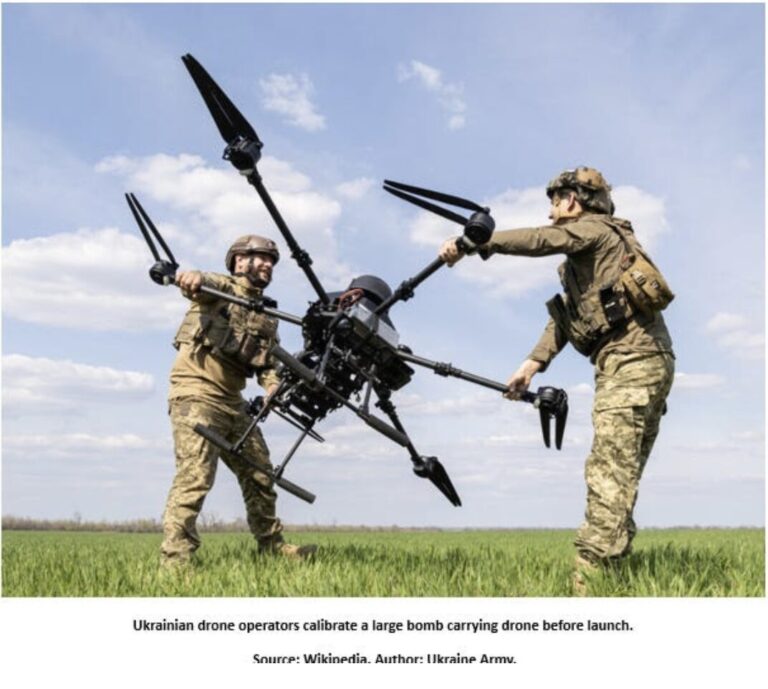
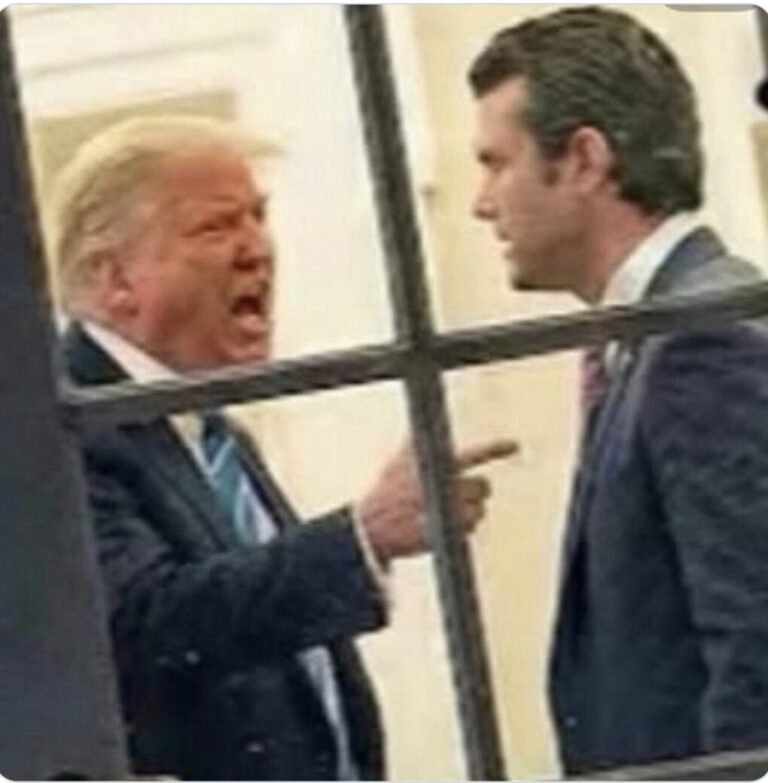
What different paths have different countries taken when on emergency footing? One could be the ‘Your country needs you’ approach and offering beneficiaries no-risk payments for stepping up for so many hours at the large and small problem areas, where suitable and able.
Most are short of money, income, everyday things – we have a big overseas earnings imbalance, growing inflation, growing interest rates, debt burdens on beneficiaries that illustrate that the amount the country through its fineanciers condescend to pay.
What about creating local money which workers can use to trade locally. That would keep areas/suburbs floating above the various tides. And would hardly affect inflation because it is out of the official money system.
We have the People Power should be the publicity, ‘Pull together and share your hot chips before they go soggy.’ (A popular style of analogy appealing to simple people like me who aren’t driven by the need to have lots of glittering prizes.)
Those who have the ‘will’ must realise that a lot of the commenters are of the popcorn variety. Let the game roll, while they watch with cynicism and interest wishing to be uninvolved, or prepared to be annihilated themselves in a negating mood that will ensure they have no goodwill. All is lost and they are too sophisticated to sweat about it, but throw knowing or sarcastic remarks into the melee.
Fireside reading for the coming autumn/winter months!:
https://en.wikipedia.org/wiki/On_the_Freedom_of_the_Will
https://en.wikipedia.org/wiki/The_World_as_Will_and_Representation
—the world of objects in space and time and related in causal ways—exists solely as “representation” (Vorstellung) dependent on a cognizing subject, not as a world that can be considered to exist in itself (i.e., independently of how it appears to the subject’s mind). One’s knowledge of objects is thus knowledge of mere phenomena rather than things-in-themselves. Schopenhauer identifies the thing-in-itself—the inner essence of everything—as will: a blind, unconscious, aimless striving devoid of knowledge, outside of space and time, and free of all multiplicity.
Polycrisis. Reminds me a bit of Noriel Roubini’s ‘Megathreats’.
I agree however: the next elected government will have fewer places to hide. ‘A national-strategic vision’; ‘joined-up thinking’. Yes. If only. Given the current ideological straight-jacket, here and many places elsewhere – and add to this a number of existential threats – what will be the catalyst for positive change and transformative action? Who in the managerial class will step up? Or will change inevitably need to come from increasing civil unrest and social revolution? Just asking.
Quite right.
Isn’t the major problem for National, their leader? He seems hopelessly out of his depth, doing u-turns, having to backtrack and explain what he really meant to say, and has no popular feel whatsoever. Every appearance on television seems merely performative; he seems to be like an actor playing the part of a political leader, but he’s no good at the role. If National had an at least average leader, they would be ahead.
Who will help organise the call to take the hard measures? It is a hell of a to do list…because Banks (Finance Capital), corporates, IT, Industrial Dairy, Horticulture, and the NZ petit bourgeoisie are not going to save us…they focus on bottom lines and “share holder value” only, i.e. the capitalist bludgers of society.
The key political task for 2023 is a.) to keep Natzo/ACT/NZ1 away from office, and b.) pressure the resulting Lab/Green/TPM Govt. with people power to implement the necessary programmes–which have been listed here on The Daily Blog in various forms many times but can be summarised as…
–bigger Govt. including a works & infrastructure ministry
–hit the corporates and wealthy hard via tax system,
–Close MSD, cancel all debt, Basic Income via IRD and a special needs ministry
–Community based food security and local trading
–Public Transport expanded and fare free
–Free Dental & Medical care
–Resilient telecommunications
–Power Generation & Supply returned to full public ownership and control
Insurance companies already renew policies annually–so after Gabrielle, premiums are heading skywards and it will not be too long before insurance will not be offered to some properties in some areas. We have to stop building in some locations and compensation paid out promptly to areas like Auckland West Coast and many others.
Lastly, some Iwi groups have delivered an example of how to capacitity build during COVID–which many other groups could learn from.
I like your agenda Tiger Mountain.